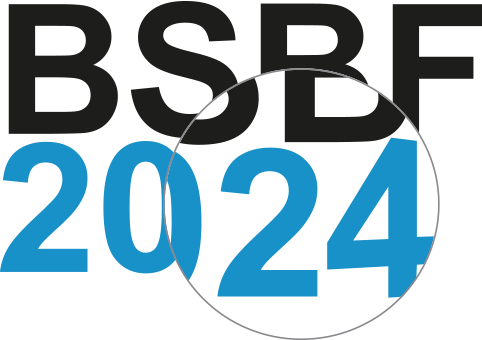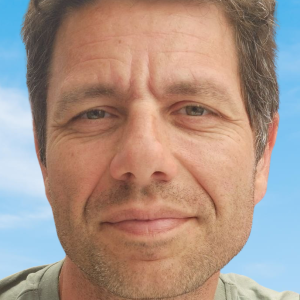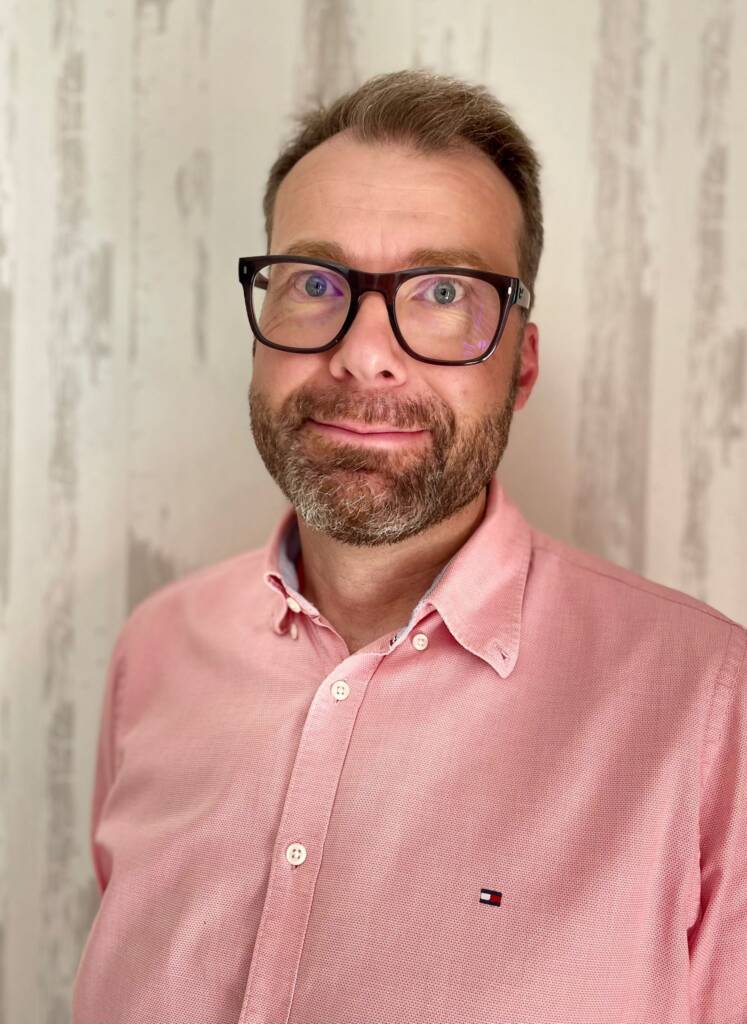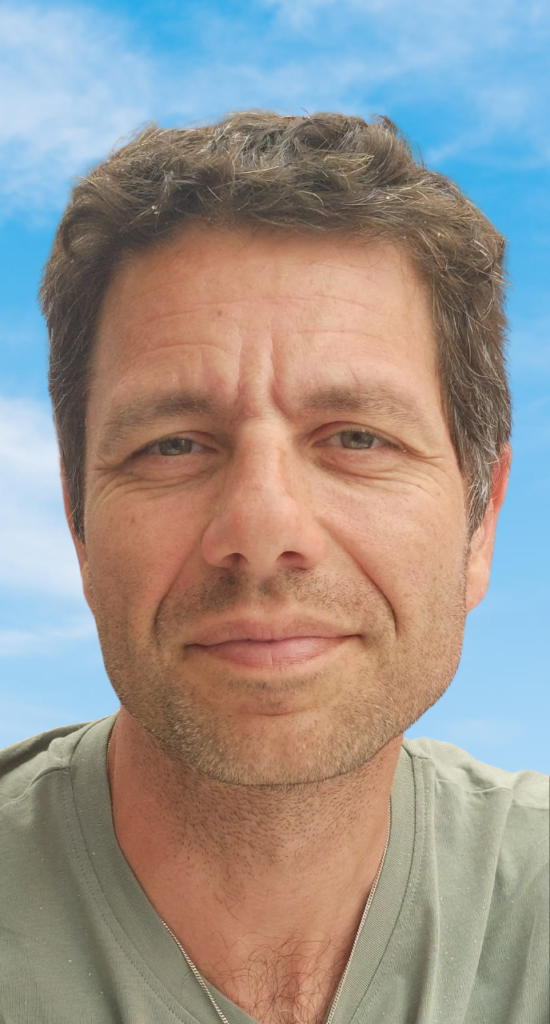PARALLEL SESSION B
B4 Basic material technologies and advanced manufacturing techniques
Wed 2nd Oct 16h25 - 18h00
Hall 27 - Ressel
Big Science organisations are constantly pushing the limits in terms of materials technologies and advanced manufacturing techniques to improve the performances of their machines. The following technical areas are of high importance both for the development of current and future Big Science organisations: materials selection and testing for extreme conditions (radiation, pressure, temperature, stress, corrosion, particle bombardment, etc.), advanced manufacturing techniques (machining, welding, cutting, brazing, additive manufacturing, surface treatment and coating, etc.), development and testing of high temperature mechanical components.
Speakers of the session
Agenda
One of the main priorities of F4E is to deliver EU contributions to the ITER, Broader Approach, DONES and other fusion projects. These deliveries, in particular for the ITER fusion reactor, require development and qualification of materials, components and manufacturing processes. This presentation will give an overview of the main challenges and provides information about upcoming calls for tenders containing specific materials and manufacturing challenges.
Maurizio Vannoni
Eu XFEL
Fourth-generation synchrotrons and Free Electron Lasers (FELs) necessitates the development of highly demanding optical devices capable of handling extreme brilliant and coherent X-ray beams with a performance that is very reliable and high-quality. This talk will show the critical role of advanced optical materials and associated manufacturing techniques in current and future projects. Specifically, the focus will be on very difficult to source materials for advanced X-ray optics devices, their manufacturing and characterization. Some examples are: high-pressure high-temperature (HPHT) diamonds, beryllium and diamond lenses, super polished mirrors and gratings. The general requirements of such optical elements will be presented in the framework of the current and future projects running at European XFEL. An estimation of the annual budget correlated to European XFEL Optics projects will be provided based on the average of previous years. Additionally, an indication of light sources with similar requirements for such optical devices will be given, providing a preliminary overview of potential stakeholder interest.
Materials technologies and fabrication techniques are crucial in the development of particle accelerators and fusion magnets, where precision and reliability are paramount. This presentation provides an overview of key methods employed at CERN in recent years, focusing on materials needs and procurement volumes. It highlights techniques such as hydroforming, 3D printing, friction stir welding, explosion bonding, and coextrusion processes for future detector components and fusion magnets. These innovations play a vital role in or supporting CERN’s ongoing research and technological advancements.
Chair & All Speakers








